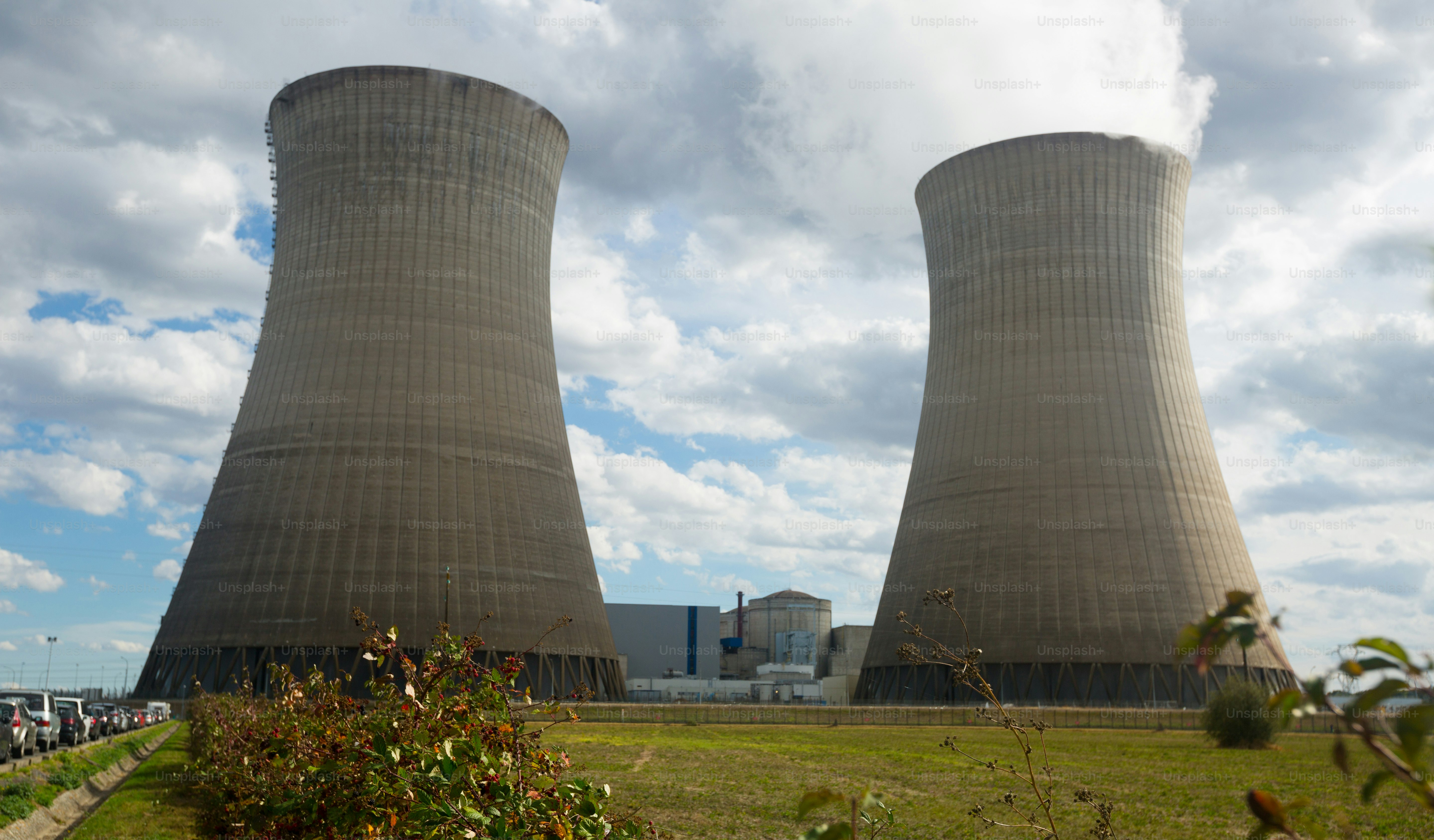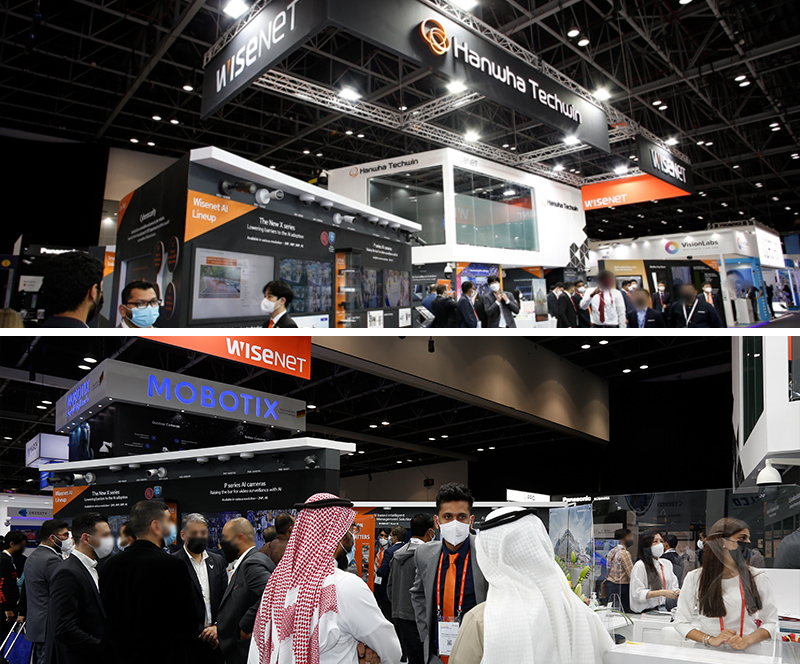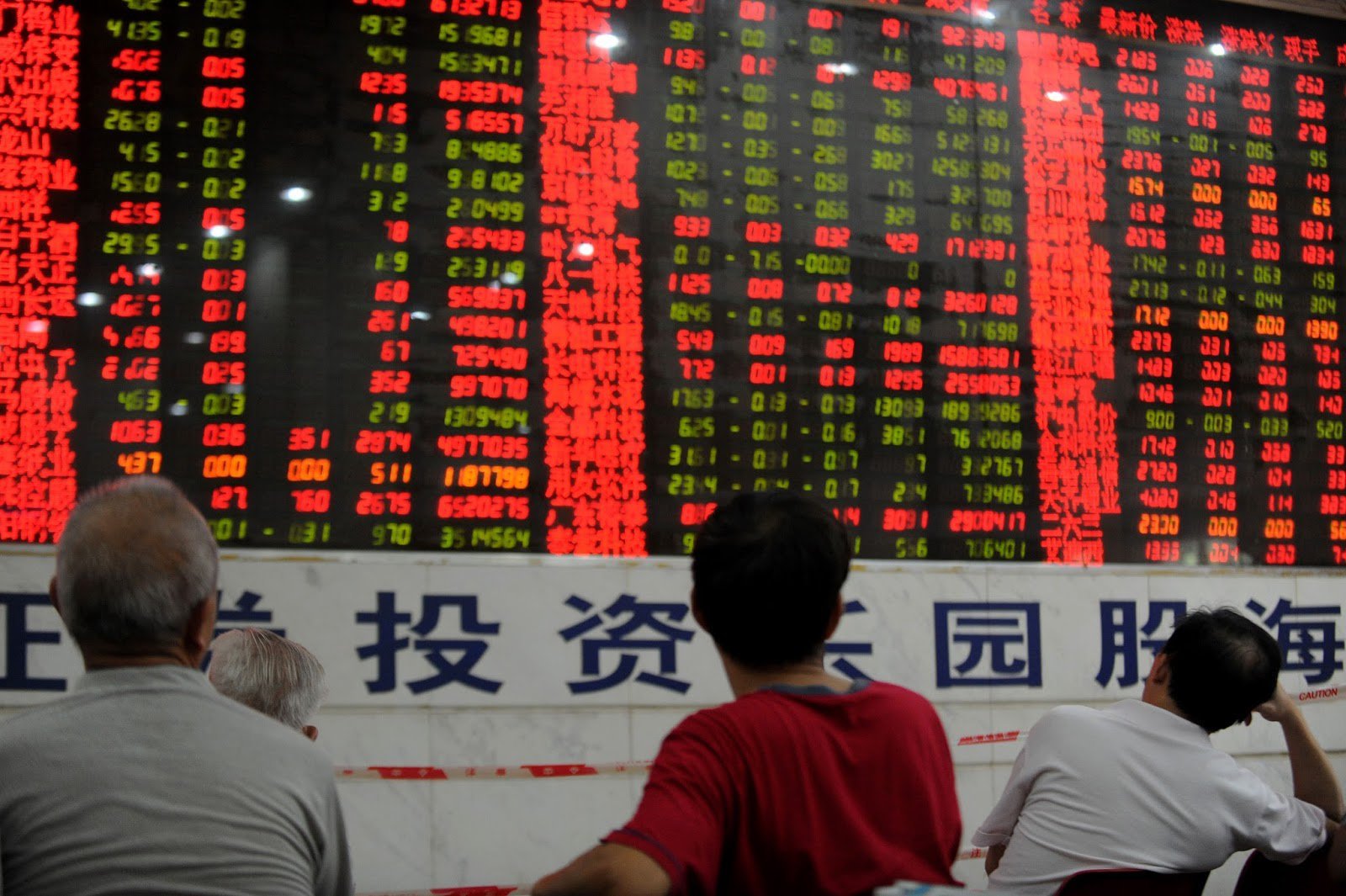Friends, let’s cut through the noise. The latest round of nuclear negotiations has hit a wall, and frankly, the ambiguity surrounding the delay is deeply concerning. We’re being told the US delegation never firmly committed to a fourth round in Rome. Really? This smells like a calculated move, a masterclass in diplomatic ambiguity, and I’m not buying it.
This isn’t just about schedules; it’s about trust – or the distinct lack thereof. The delicate dance of international diplomacy demands transparency. This opacity fuels speculation and breeds distrust, a dangerous game when we’re talking about nuclear capabilities.
Let’s unpack what’s happening here – a quick primer for those new to this drama:
Nuclear negotiations, particularly those addressing Iran’s nuclear program, aim to achieve a mutually agreeable framework to prevent proliferation. They’re complex, involving multiple stakeholders with often conflicting interests.
Historically, these talks have faced numerous hurdles, including sanctions, political shifts within involved parties, and disagreements over verification mechanisms. A true commitment from all sides is vital.
Recently, the focus has been on reviving the Joint Comprehensive Plan of Action (JCPOA), the 2015 agreement which limited Iran’s nuclear program in exchange for sanctions relief.
However, the US withdrawal from the JCPOA under the previous administration and subsequent sanctions reimposition have dramatically escalated tensions and complicated the path forward.
Now, we’re seeing potential roadblocks targeting the very discussions meant to de-escalate things. This isn’t a mere setback; it’s a potential crisis in the making. We need answers, and we need them now. What’s Washington really up to? And more importantly, what are the implications for global security? Stay tuned, folks, because I’ll be digging deeper into this.






